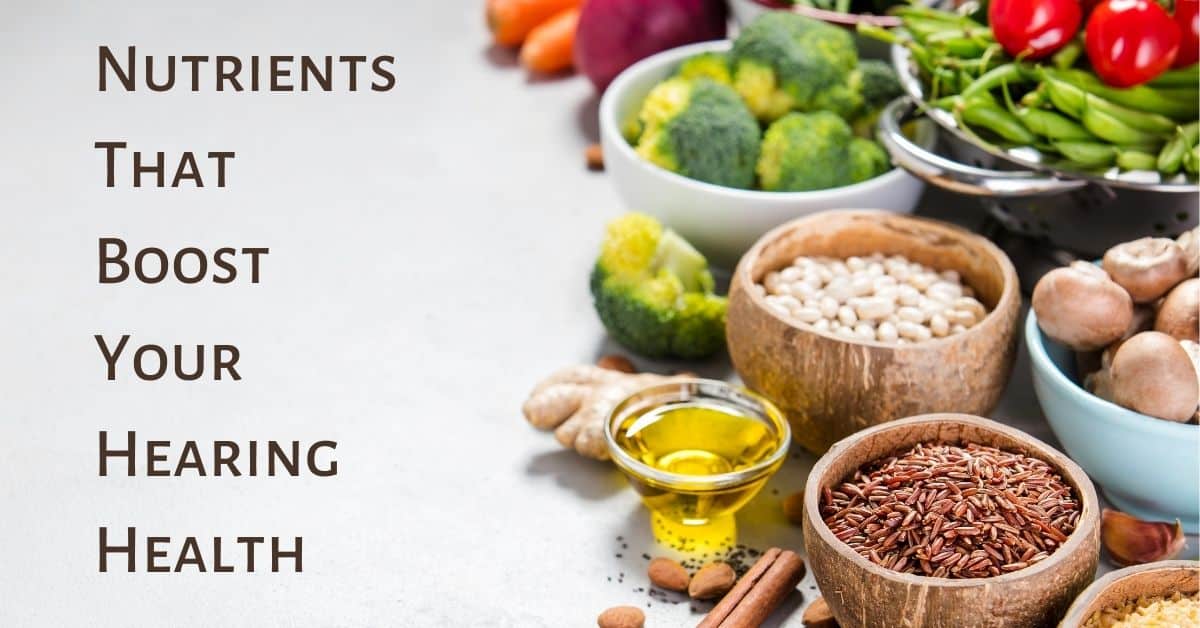- The Connection Between Hearing Loss and Dementia - July 30, 2024
- The Advantages of Rechargeable Hearing Aids - July 16, 2024
- How to Enjoy Music Festivals While Protecting Your Hearing - July 3, 2024
It seems that the body of scientific literature about hearing health—not to mention everything else!—is growing exponentially, year by year. While many of the causes of hearing loss in adulthood are still unknown or hard to diagnose on an individual basis, research seems to be pointing more and more to the idea that our ears function a lot like a “canary in a coal mine.”
Sensorineural hearing loss, the kind implicated in most types of noise-induced hearing loss and age-related hearing loss, results from the damage or destruction of the cilia (tiny, hair-like cells) inside the cochlea in our inner ears. Damage can be caused here by too much loud sound, restricted blood flow, chemicalia and certain medicines, or a combination of factors. Some researchers have suggested that “age-related hearing loss” is really a blanket term for other causes of hearing loss that come to fruition as we get older.
A recent study by Brigham and Women’s Hospital, while inconclusive due to the limited pool of participants, strongly suggested that close adherence to an anti-inflammatory diet, such as the Alternate Mediterranean Diet (AMED) or Dietary Approaches to Stop Hypertension (DASH), can prevent or slow the onset of age-related hearing loss. Taken with the knowledge that smoking strongly increases the risk of hearing loss (nicotine being a known inflammatory agent), it seems likely that chronic inflammation is a strong predictor of age-related hearing loss.
With all of that in mind, let’s take a look at some of the nutrients that can boost hearing health and what foods to eat in order to obtain them.
Folate & Vitamin B-12
Both of these B-vitamins (folate is also known as vitamin B-9) have been implicated in hearing loss in older adults. Inadequate levels of either or both were strongly correlated with hearing loss, so make sure you’re getting plenty of both in your diet. It’s possible to overdose with supplements, so it’s wise to seek foods that naturally contain them. Vegans are strongly advised to supplement B-12 as it is mostly found in animal products.
You’ll find folate in spinach, beans, broccoli, asparagus, liver, eggs and nuts. For B-12, eat meat, dairy, eggs and fish.
Omega-3 Fatty Acids
You’ve probably heard about omega-3 as an important part of our diets that most of us are not getting enough of. While that is true, the lack of omega-3 might be just as easily understood as a surfeit of omega-6: it’s really the balance of these two fatty acids that promotes good health, and many nutritionists would claim that reducing omega-6 would be more beneficial than adding in much more omega-3.
Omega-3 can be found in high levels in cold-water fish like salmon and sardines, free-range eggs, flaxseed, and grass-fed red meat. Omega-6 (which you might want to eat less) is found in abundance in processed foods, fast food, cake, poultry, cured meats, tofu, and peanut butter. Walnuts are high in both types of omega fatty acids.
Vitamins A & E
A study conducted in 2011 attempted to establish a link between consumption of antioxidants and hearing health, and in fact it showed that vitamins A & E had a strong correlation with better hearing. Those whose diets contained the most vitamin A reduced their risk of hearing loss by 47%, while those with a high intake of vitamin E did the same by 14%. These are strong percentages, well outside the likelihood for coincidence.
To get more vitamin E in your diet, eat more sweet potatoes, avocados, sunflower seeds, almonds, spinach, olive oil, and butternut squash. For more vitamin A, add in some broccoli, kale, spinach, sweet potato, carrots, beef liver, eggs and grass-fed butter.
Vitamin C
A water-soluble antioxidant that helps remove free radicals that are associated with hearing loss, you almost can’t get too much vitamin C in your diet. Because it’s water soluble, it can be safely supplemented with low risk of overdose (though it is still possible to overdose). In guinea pigs, vitamin C was shown to protect the auditory pathways in the brain. Sounds pretty good!
Vitamin C is found in fruits like citrus, strawberries and papayas. While often associated only with oranges and the like, vitamin C is also found in high quantities in many vegetables like broccoli, Brussels sprouts, bell peppers, and dark leafy greens.
Protecting Your Hearing Health
Make sure you’re getting plenty of the nutrients above, and remember that it’s always a good idea to get a hearing test. Regular hearing tests allow us to keep track of our hearing health and make sure our preventative measures are working, so we can catch hearing loss before it becomes a problem. If hearing loss is a problem for you, hearing aids are likely the solution, and the hearing aids of today are truly amazing pieces of technology. Get a hearing test today!

